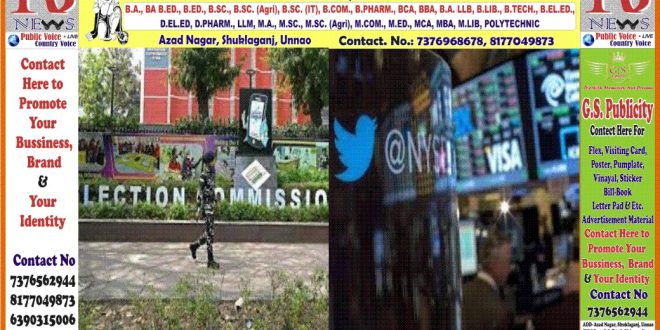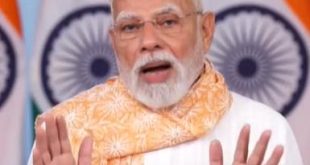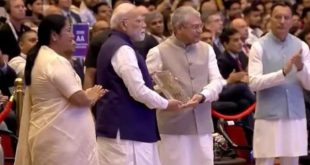In view of the Delhi Assembly elections, the Election Commission is keeping a close watch on the social media activities of political parties. The Commission has entrusted the responsibility of monitoring the advertisements and every post on social media to the Delhi Election Office.
Immediate action will be taken on the heavy expenditure, objectionable posts and claims other than the manifesto by the parties and their candidates on social media.
Due to the political parties adopting social media as a major means of campaigning, the Election Commission had set guidelines in the Lok Sabha elections a decade ago.
On the basis of these guidelines, the Delhi Election Office will also monitor the social media campaigning and expenditure of political parties and candidates during the elections to be held in the capital.
Social media was also brought under the purview of the Model Code of Conduct in 2014. Along with this, social media platforms like Facebook-Google had also assured to monitor the content in view of the elections.
Under the guidelines of the Election Commission, websites like Facebook, Twitter, WhatsApp, YouTube, Instagram, Snapchat etc. have been termed as social media.
Major guidelines of Election Commission
These were decided in view of the increasing influence of social media and due to this increasing influence, the Commission had decided to bring the material posted on social media by all political parties and candidates under the purview of the election code of conduct during the 2014 general elections.
The Election Commission had then said that social media needs to be controlled to maintain transparency and equal opportunities in elections.
The Election Commission also said that election laws are definitely violated on social media. According to the new guidelines of the Election Commission, candidates will have to provide information about their email ID and other authorized social media accounts in the affidavit given at the time of filing nomination.
Before giving political advertisements on any internet-based medium, approval will have to be taken from the officer appointed by the Election Commission. Political parties and candidates will not be able to post unverified advertisements, pictures of security personnel, hate speech and fake news from their social media accounts.
It is prohibited to post any content that may disrupt the electoral process or threaten peace, social harmony and public order.
 RB News World Latest News
RB News World Latest News






